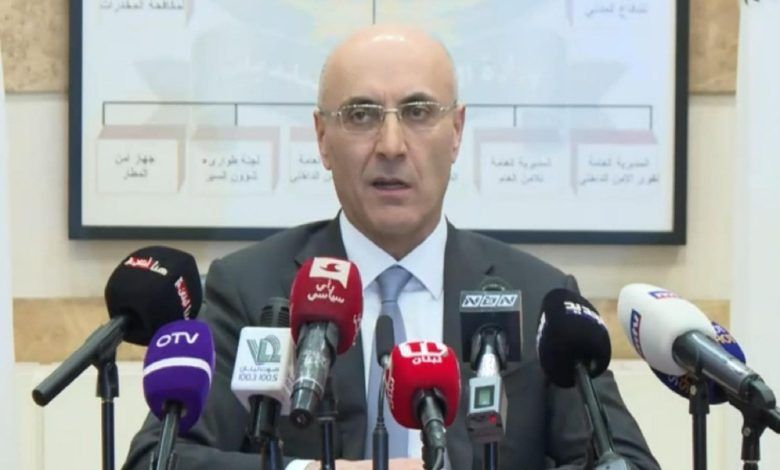
Hajjar emphasised that two suspects have been arrested while additional accomplices are still being pursued as investigations continue. He acknowledged the significant role of the Kingdom of Saudi Arabia in providing actionable intelligence, reiterating that Lebanon will not tolerate its territory becoming a corridor for narcotics.
This operation follows earlier cooperative endeavours between the two countries. In July, Lebanese and Saudi authorities collaborated to foil the smuggling of five million amphetamine pills — hidden within porcelain and glassware — based on intelligence shared by the Saudi Interior Ministry. Hajjar described Saudi Arabia as a “loving big brother” and stressed that the action reflected the enduring nature of bilateral coordination in combatting drug trafficking.
Minister al‑Hajjar, a former brigadier general with deep experience in internal security, was appointed interior minister in February 2025 and has since prioritised modernisation of law enforcement and institutional resilience. His track record has seen a renewed commitment to solidifying partnerships aimed at strengthening Lebanon’s defences against organised criminal networks.
Lebanon’s strategic geography, bordering Syria and facing maritime routes, has long made it vulnerable to drug trafficking networks, especially those involving captagon — which is smuggled across the region, often to Gulf markets. Between 2015 and 2021, attempts to move hundreds of millions of narcotic pills from Lebanon to Saudi Arabia were recorded, prompting Riyadh at one point to suspend imports of Lebanese produce until guarantees were secured. Estimates suggest that Hezbollah, with its strong presence in the Beqaa Valley and along border areas, has facilitated parts of the captagon trade through protection, transportation corridors and even ingredient supply, all as a means to finance its operations amid economic sanctions.
The sequence of busts—from the multi-million-pill captagon haul to the 125 kg cocaine intercept—highlights a widening scope of contraband targeted through international cooperation. With Saudi Arabia’s proactive engagement in intelligence sharing, and Lebanese authorities deploying improved detection and enforcement measures, both countries appear committed to stemming the flow of illicit substances across their territories and beyond.
The Tripoli seizure underlines the evolving nature of smuggling tactics—using commercial cargo to mask illicit goods—and underscores the critical importance of precise intelligence and regional collaboration. As the investigation proceeds, and with other suspects still at large, additional operations may follow, reinforcing Lebanon’s strategy against becoming a hub for drug transit.
Topics
Live News
